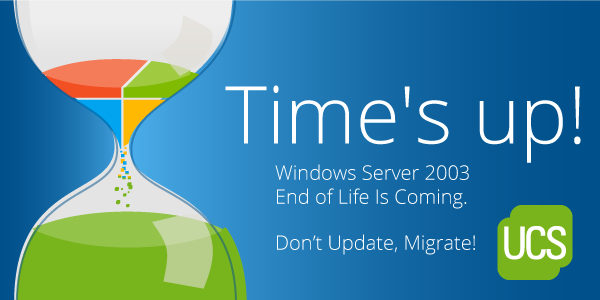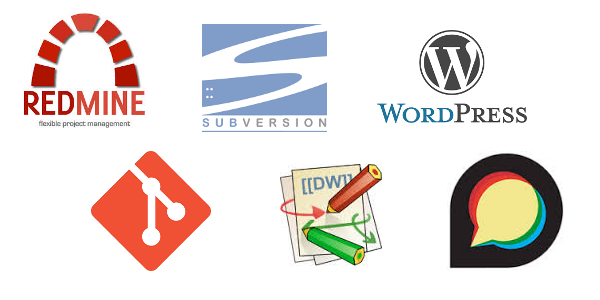1 Year Univention North America: The Move across The Pond
 When I started at Univention’s Professional Services in Germany, one of the questions I was asked was “Where do you see yourself in 5 years?”. Being prepared for the interview, my answer was a mixture of showing my idea of working with customers, my understanding of the technologies of UCS as well as my personal goals and dreams. Looking back to my answers in our HR folder, I have to admit that life has taken many turns that I didn’t plan for. Today, I’m no longer working in Professional Services. For a bit over a year, I’ve been Univention’s North American Operations dealing not only with technical projects but also with Sales, PR and Management as a whole.
When I started at Univention’s Professional Services in Germany, one of the questions I was asked was “Where do you see yourself in 5 years?”. Being prepared for the interview, my answer was a mixture of showing my idea of working with customers, my understanding of the technologies of UCS as well as my personal goals and dreams. Looking back to my answers in our HR folder, I have to admit that life has taken many turns that I didn’t plan for. Today, I’m no longer working in Professional Services. For a bit over a year, I’ve been Univention’s North American Operations dealing not only with technical projects but also with Sales, PR and Management as a whole.
What better chance is there to look back at the challenges and opportunities our move to the US has presented to us at Univention. I will look at the problems we could solve for our customers, the technical challenges UCS has mastered and how it changes us as a company when striving for perfection. For this reason, I’m happy to introduce this short series of blog posts looking back at the past and giving an outlook into the future:



